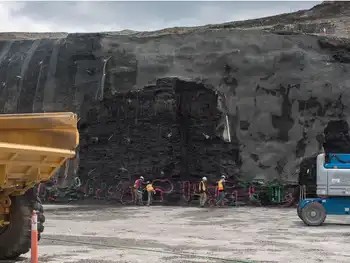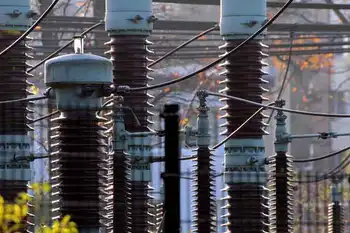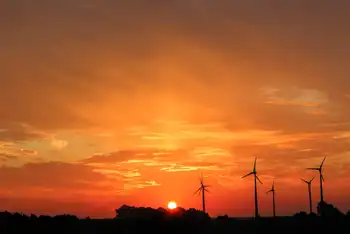Cenovus and SaskPower's reach captured CO2 deal
- SaskPower recently announced that it has reached an agreement with Cenovus Energy for the purchase of carbon dioxide CO2 from SaskPower's world-leading carbon capture and storage facility now under construction at Boundary Dam Power Station, near Estevan, Saskatchewan.
Cenovus will purchase the full volume, approximately one million tonnes per year, of the CO2 captured at SaskPowerÂ’s facility and use it for enhanced oil recovery at a project operated by Cenovus on behalf of its partners near Weyburn, Saskatchewan. SaskPowerÂ’s facility is the worldÂ’s first and largest coal-fired integrated carbon capture and storage project.
“This agreement is a major step toward increasing commercialization of carbon capture and storage,” said SaskPower President and CEO Robert Watson. “This is confirmation that SaskPower is on the right track, and that carbon capture and storage is a viable option for the continued use of coal for power generation.”
The long-term contract with Cenovus was signed at the completion of an extensive sales process. Cenovus expects to be ready to accept the CO2 when SaskPowerÂ’s integrated carbon capture and storage facility goes into commercial operation on or about April 1, 2014.
“Ensuring we have a consistent and adequate supply of CO2 is critical to maintaining and expanding our enhanced oil recovery project near Weyburn,” said John Brannan, Cenovus Executive Vice-President & Chief Operating Officer. “Cenovus’s agreement with SaskPower provides us with a second reliable supply source of CO2 for our Saskatchewan operations. We look forward to working together.”
Powering Saskatchewan since 1929, SaskPower is proud to support continued growth across the province, and provide safe, reliable and sustainable power to our 482,000 customers.
Related News

Opinion: Would we use Site C's electricity?
VANCOUVER - There are valid reasons not to build the Site C dam. There are also valid reasons to build it. One of the latter is the rapid increase in clean electricity needed to reduce B.C.’s greenhouse gas emissions from burning natural gas, gasoline, diesel and other harmful fossil fuel products.
Although former Premier Christy Clark casually avoided near-term emissions targets, Prime Minister Justin Trudeau has set Canadian targets for both 2030 and 2050. Studies by my research group at Simon Fraser University and other independent analysts show that B.C.’s cost-effective contribution to these national targets requires us to reduce our…




